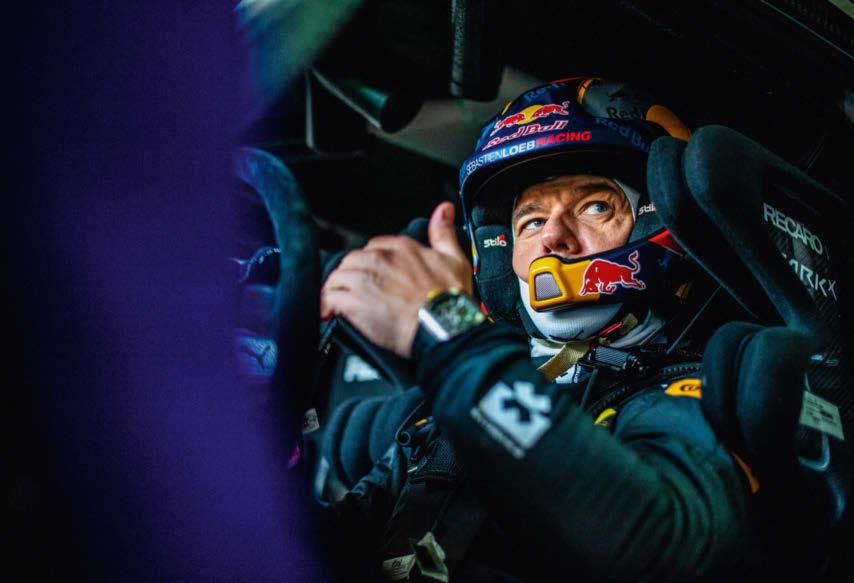
12 minute read
Roller skating
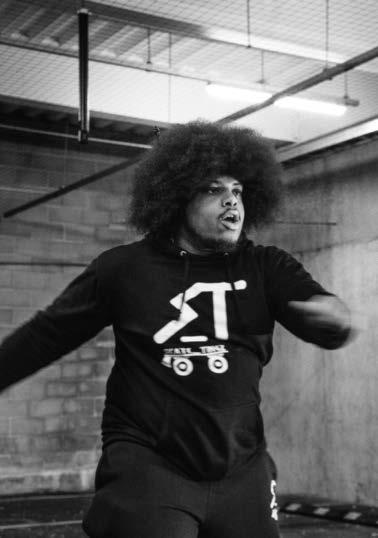
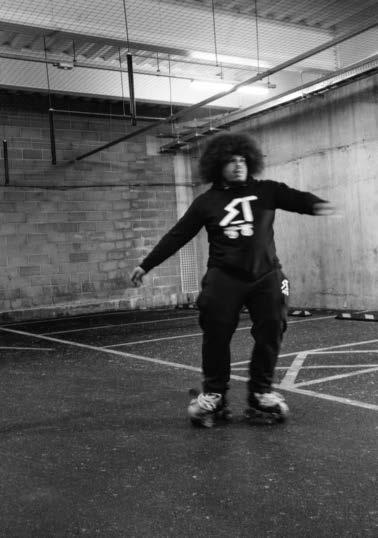
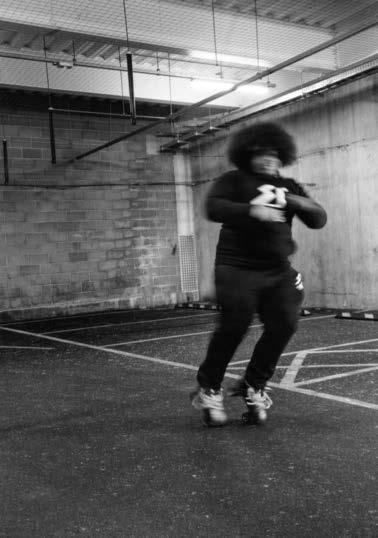
Some of those who attended his Skate Tingz events at their height were new to skating – part of the global roller-skate boom during lockdown as people were incentivised to find fun ways to exercise outdoors alone. The nostalgic aesthetic of old-school roller skates, evocative of ’50s diners and ’70s dancefloors, helped to build a trend on social media platforms such as TikTok. Suddenly these sites were flooded with clips of artfully styled women skating backwards down sunny streets, swaying to a pop soundtrack. Roller-skate shops worldwide sold out of stock from spring 2020 into this year.
But, for skaters like Bacchus-Marquis, life on eight wheels is about something deeper than followers and ‘likes’. Roller skating has been “what saved my life, many times”, he says. Whatever obstacles get in the way, “We’re not going to stop.” Open Instagram and you’ll see numerous videos of women dancing on skates in their bedrooms, but you won’t get a true idea of the tightknit quad-skate scene that paved the way for the current explosion
Guiding light: Andre Ashley at Colindale Morrisons. Opposite: Bacchus-Marquis in action at Tottenham Sainsbury’s
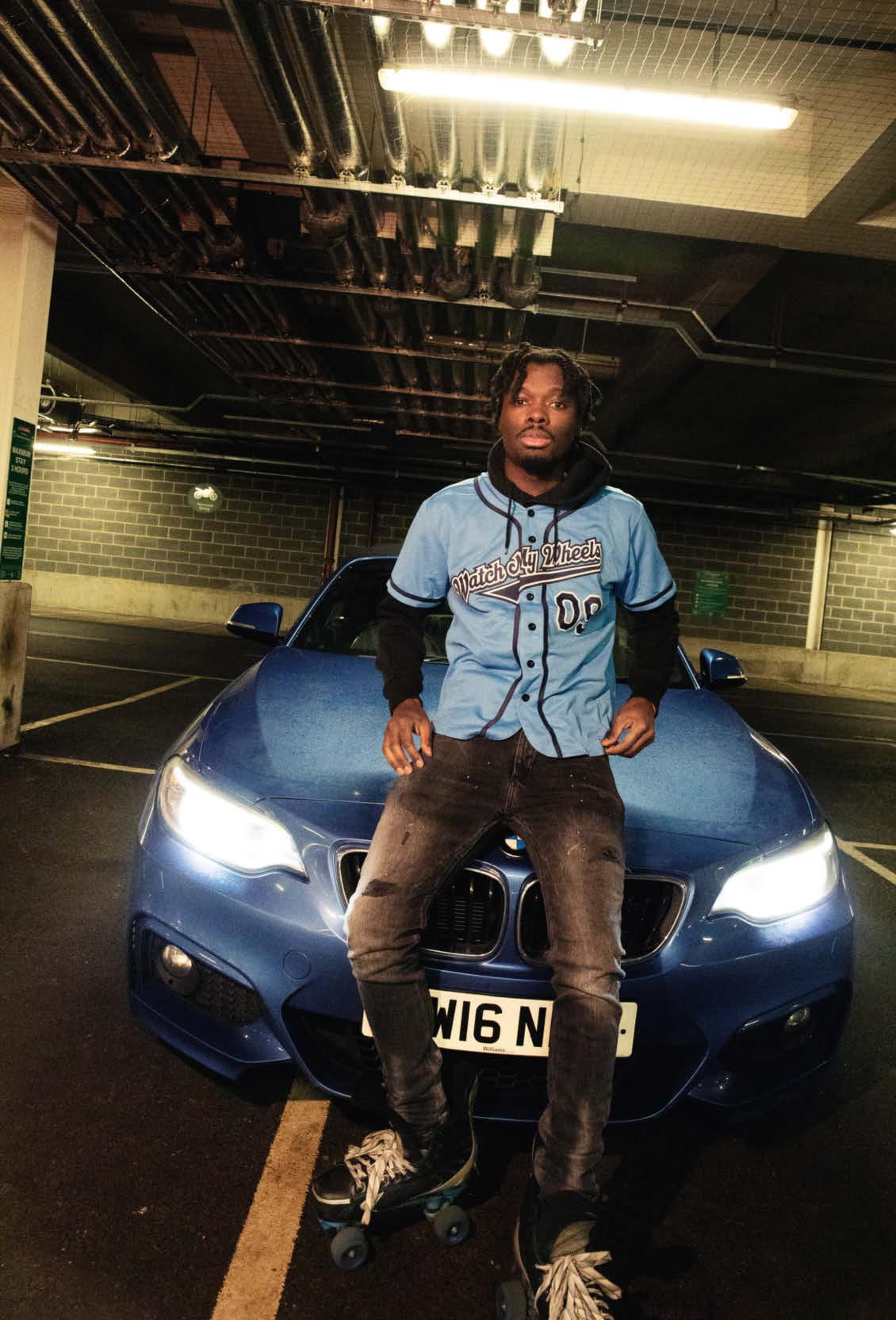
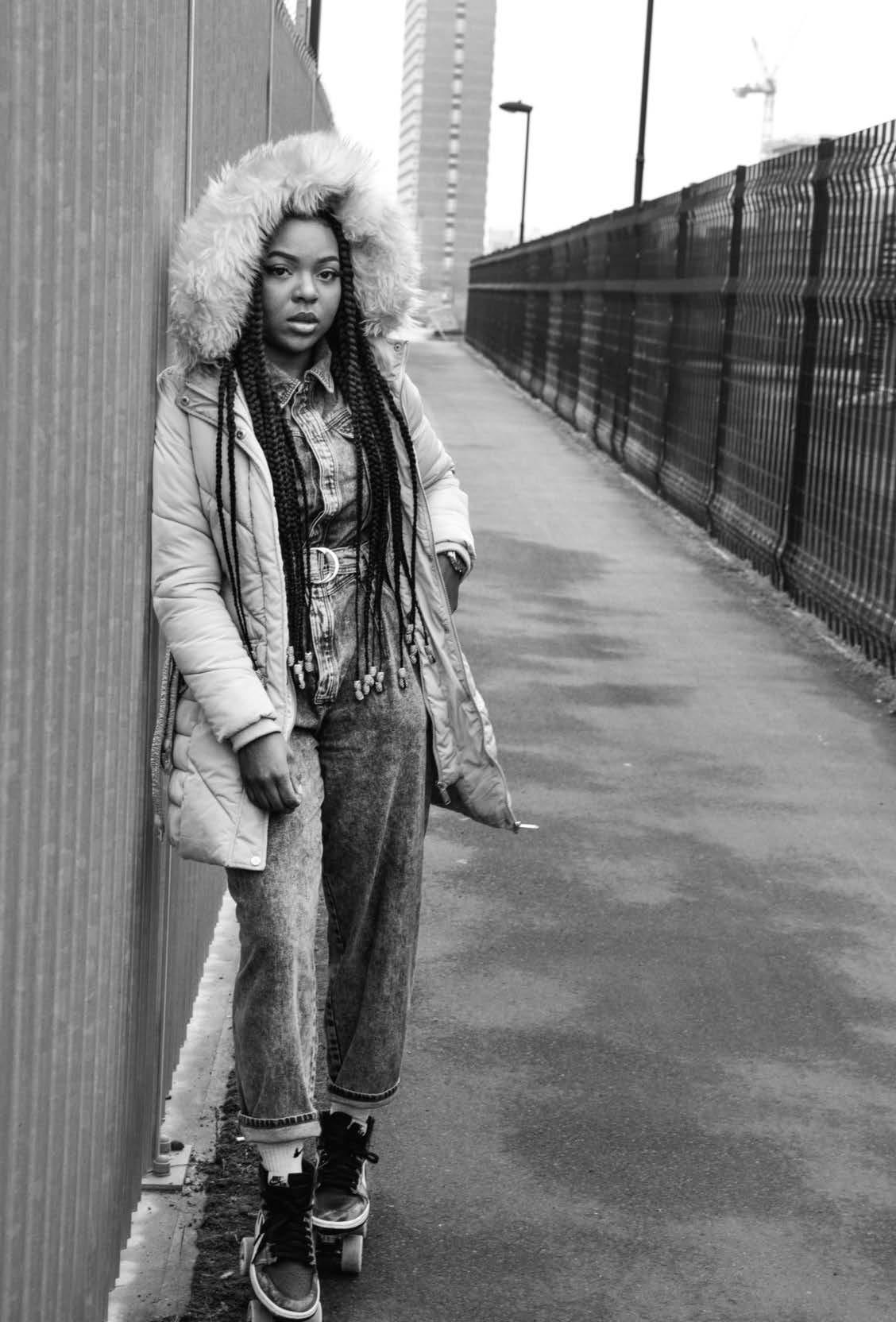
Ready to roll: Ayisha Alli, close to the Greenwich Peninsula Golf Driving Range in south-east London. Opposite: Ashley skates solo at Colindale Morrisons
of interest. Bacchus-Marquis is part of the latest generation of a community of veteran roller skaters that has, for decades in parks and out-of-the-way halls across the capital, been pushing forward what’s possible on eight wheels.
Roller skating in London has existed since at least the 1850s, when a public roller rink opened in Covent Garden. More recently, a hybrid form of dance-skating has evolved here that puts its own spin on American ‘jam’ and ‘shuffle’ styles. As the 2018 documentary United Skates explains, these developed in US rinks where unofficial segregation was still enforced by white owners long after the civil rights era – excuses given for turning away Black skaters included the bagginess of their trousers or size of their wheels. Despite this, the nights set aside for these skaters – at unpopular times like late on a Sunday – became vibrant cultural and community hubs, with artists including Queen Latifah playing early shows to a roller-skating audience.
The film also shows how rinks across the US have been closing in recent years, replaced by more lucrative businesses like big-box stores. There has been a similar trend in the UK. Roller Nation in Bruce Grove, Tottenham, was London’s last dedicated venue for roller discos, while Wembley’s Fix8 Rollerdisco and Harrow’s Sk8City London ran regular skate nights in halls. When these spaces had to close during lockdown, BacchusMarquis knew he had to do something to fill the gap.
Roller skating had been a lifeline for him ever since he first laced up a pair of rental skates at the age of seven, at an after-school club in a local sports centre. “From day one,” he says, “I was in my element.” Not long after this, his younger sister, who was born severely disabled, died. “Things got real serious at home,” he says, “and I didn’t understand why. I really went off the rails. Roller skating gave me a space where I felt connected. No matter how awkward I felt or how upset I was, it completely took over.”
He skated alone to and from school every day throughout his childhood and teens, despite being bullied for standing out. It wasn’t until he was about 16 that he discovered a skating community that occupied a Stratford shopping centre after dark, and then Fix8. “It blew my mind, the calibre of skaters there,” he says. “The only thing I ever wanted since I was seven was to be around people who love the thing I love. This community was everything I wanted it to be.”
Bacchus-Marquis wishes he’d found it sooner. During the last 10 years, the number of youth clubs in London has almost halved due to a lack of funding. “It’s caused generational trauma,” he says of this loss. “Not having somewhere safe to go after school, when you live in an area like mine, is what led a lot of people to a life of crime. If you have a brother who’s affiliated to any kind of gang, that’s it. If you don’t have a positive outlet, some positive place where you can go and be around people who are all about pushing forward and learning – which is exactly what we try to promote as skaters – there’s not much chance you’ll survive.”
Bacchus-Marquis becomes exasperated when skaters are accused of anti-social behaviour, which happened to him too often to count in pre-COVID times. “It’s like, bruv, this is the most social thing you can think of. What we’re trying to build is about family, about love, about community, about good mental health, positive body image. It’s about loving yourself and pushing yourself. Anyone who’s telling me I’m being anti-social because I’m in a car park doesn’t understand that the reason I’m there is because I have nowhere else to go.” A ndré Ashley is another skater whose life was changed when he found this tight-knit community. The 27-year-old from north-west London rediscovered roller skating in 2019, having gone to roller discos with his family as a kid, and he immediately clicked with the other skaters. With a background in martial arts and ice skating, he progressed quickly and relished the physical challenge of learning new moves.
In January last year, Ashley set up the Instagram account Watch My Wheels and promoted meet-ups, first in a car park near his home in Colindale, then at an open-air basketball court nearby. With a day job helping young people recover from addiction, and the lived experience of losing a friend to gang violence as a teen, he sees these events as about more than just letting off steam. “You want to see all your friends make it to old age,” he says. “Skating is positive for the body and the mind. Anyone you bring in, it stops them from doing something else that they shouldn’t be doing.” Along with freestyle sessions, Watch My Wheels organised a silent disco and a ‘sports day’ before lockdown restrictions returned. It also raised donations via Instagram for roller skates that would be lent out to anyone who wanted to give it a try.
“We’re all young,” Bacchus-Marquis says of his generation of roller-skating pioneers, “but we’re trying to forge a long-lasting impression on our community.” He takes care to send out positive messages via the content he puts out – promoting reading and healthy eating, for example – and has started regular Instagram Live conversations in which he talks with other skaters about the issues facing them. He also created a loose collective called the London Skate Alliance so that skaters could “make decisions together about the scene we’re trying to keep afloat”.
The Alliance includes Watch My Wheels, among a large group of roller skaters from across the capital, and the two women behind the Instagram page Skate With Sis: Lenisha Benjamin, 23, and Caitlyn Espenilla, 20. They both began skating in 2019, met at a Skate Tingz event towards the end of that year, and started their page last April. Alongside videos of them dancing on skates at car-park meet-ups and against sparkling cityscape backdrops, they share snippets of Black history in the description text.
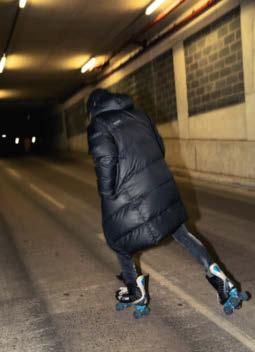
Freewheeling: Alli, shot in Greenwich, posts to YouTube as Ayy Skates
“As much as we’re putting positivity out there for skating,” Benjamin says, “we’re also reminding you that we’re two Black girls, that we’re representing for our culture, and that we love our culture.”
Another member of the Alliance is Ayisha Alli, 23, an aspiring software engineer, who began skating regularly at Fix8 in November 2019 and went to Watch My Wheels events in the summer. She kept herself busy while off work in 2020 by setting up the Instagram account Ayy Skates in April, then invested in a decent camera, tripod and mic, taught herself how to use editing software, and launched a YouTube channel under the same name in August. “I wasn’t finding the content I wanted to see,” she says. “It was just girls who looked pretty.” On the platform, she posts polished videos of her learning routines, shares her thoughts with viewers, and documents solo street skates and car-park link-ups.
For Alli, like many others on the scene, 2020 afforded a new opportunity to skate all day, every day. “[When I’m skating] I just feel really, really happy,” she says. “Nothing else in the world matters. I could be going through so much, but as soon as I’m skating and listening to the right music, everything else fades away. It’s just me. I feel like I’m floating, like I’m flying. I just feel free.”
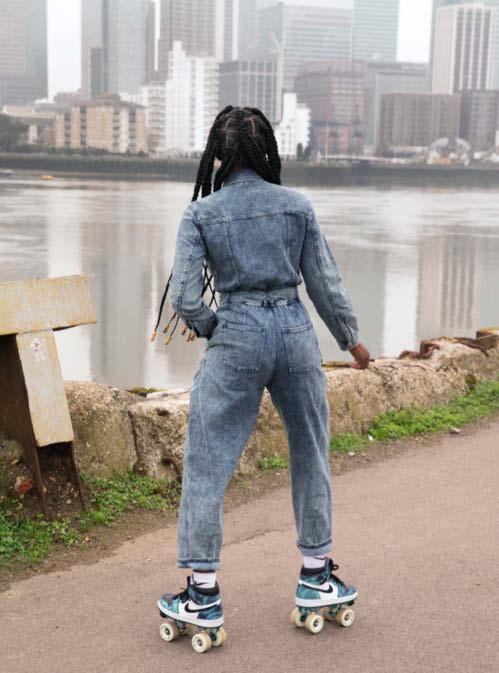
Despite the challenges of the pandemic, both Benjamin and Ashley describe lockdown as the best thing that’s ever happened to them. Having time to dedicate to what they loved most led to opportunities – Benjamin, Espenilla and Alli have all been asked to skate in music videos and brand promos thanks to the content they created. For some, there was also a psychological shift. “I was never really that confident,” Benjamin says. “Now, I just feel very happy just to be in my own body and be unapologetically myself.”
Espenilla says roller skating through 2020 has changed her, too: “It’s made me feel like I can achieve things I thought I couldn’t. It’s made me a happier person. It’s given me more excitement in life. The people I’ve met have changed my views on certain things and inspired me. And it’s definitely allowed me to stay sane in a time when I could have gone crazy.” There’s a feeling, she says, when you see someone do a move that seems totally out of reach, then you break it down, practise it for weeks, and you finally nail it. “It’s indescribable, honestly, like thinking you can’t walk on water and then you walk on water. You just defeated gravity.”
As 2021 continues, the weather improves and COVID vaccinations roll out, there’s a chance for these skaters to build on the growth the roller-skate scene saw last year. Bacchus-Marquis is one of many skaters dreaming about securing funds to open a dedicated roller-skating venue when COVID restrictions allow. “That is the end goal for everybody who’s ever put on a pair of skates and got kicked out of somewhere,” he says. “I definitely think it’s a possibility.” In a live chat with Bacchus-Marquis, Ashley points out that the X Games give a spotlight to BMX and skateboarding, and it was recently announced that breakdancing will be included in the 2024 Olympics. He wants to host a big event this year or next; something that will put roller skating on the map: “Nothing’s impossible any more.”
Even if none of this comes to pass, there will still be a committed core of roller skaters keeping the art form alive, just as there were in the decades before the pandemic. Whether in halls, on the streets, or in car parks – anywhere with a smooth patch of concrete – there will be people finding escape in the sensation of weightlessness and freedom that comes with gliding a few inches above the ground on eight wheels. BacchusMarquis will be one of them. “The second I tied those laces for the first time,” he says, “I just knew this was what I was going to do for the rest of my life.”
MORE WIIINGS WITHOUT SUGAR.
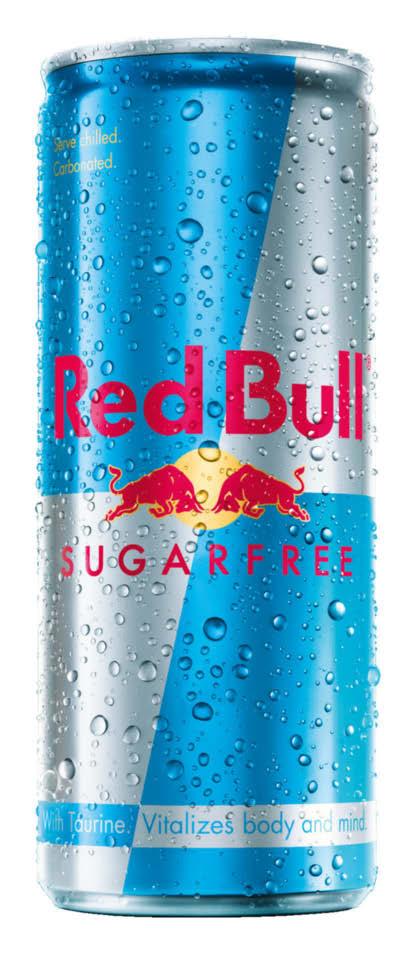
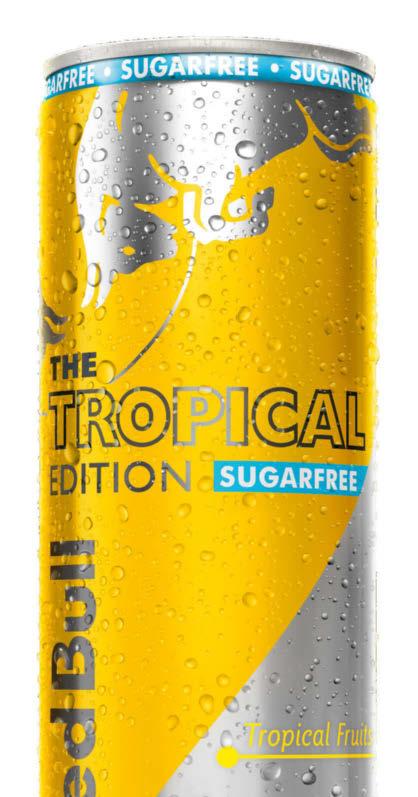
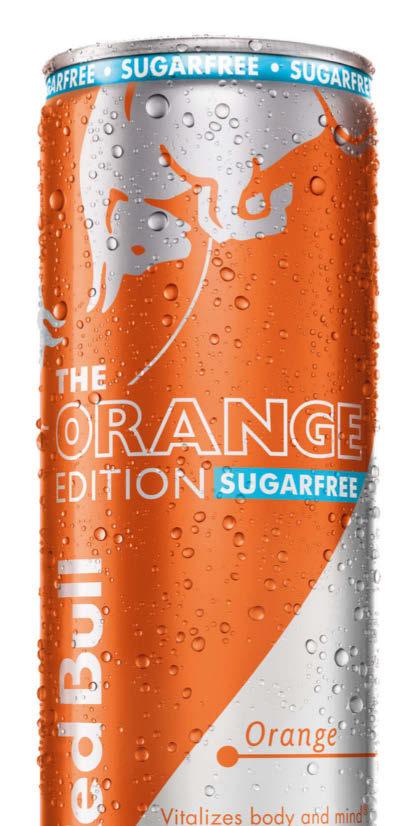
Motorsport and eco-activism: two camps that rarely sit well together. But desperate times forge unlikely alliances. Here is the incredible story of the race – an actual race, with revolutionary vehicles – to save our planet from ecological destruction… DRIVING CHANGE
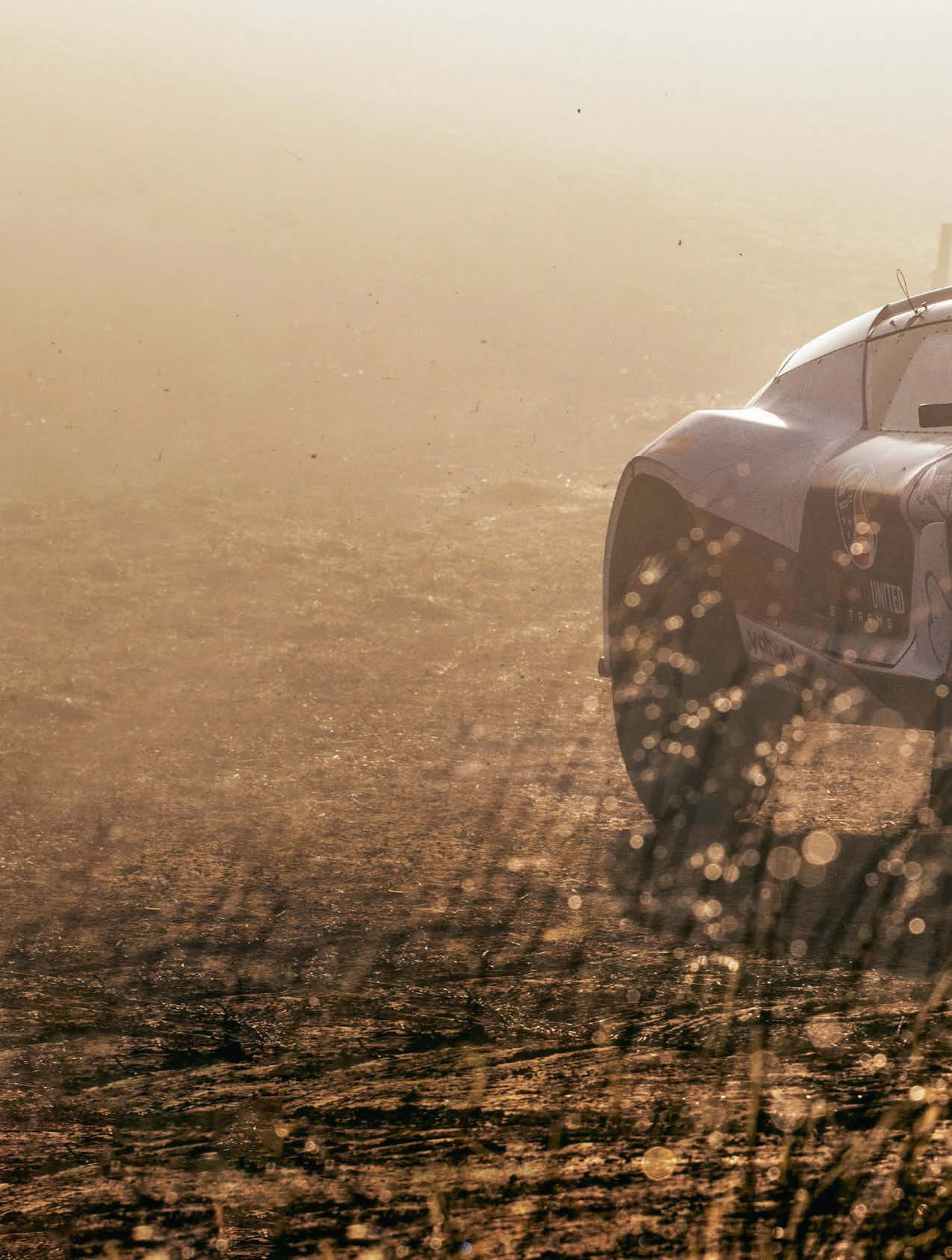
January 15, 2021, MotorLand Aragón, Spain. The Extreme E teams get to grips with the Odyssey 21 E-SUV for the first time
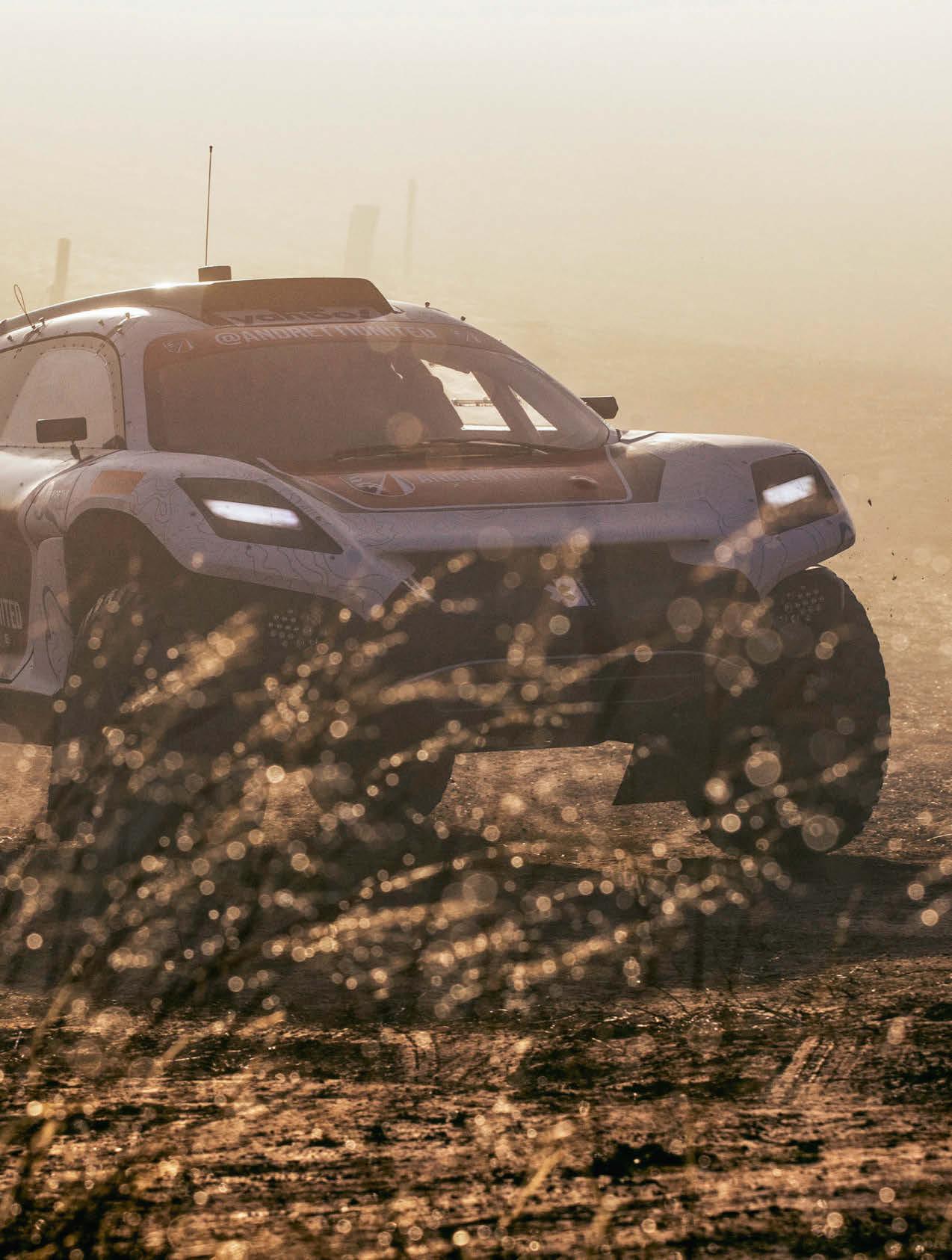
Ordinarily, racing cars are heard long before they are seen. But not this one. It emerges silently from the fog like a manta ray gliding through the ocean, before melting back into the gloom with a faint mechanical whine. Spain’s MotorLand Aragón lies midway between Barcelona and Madrid. Pre-COVID, this racing complex drew massive MotoGP crowds. But today, in the final weeks of 2020, it’s almost deserted, save for these mysterious vehicles drifting and bouncing around a makeshift dirt circuit. They resemble overgrown radio-controlled buggies, but sound unlike anything you’ve heard – quiet at low speed before accelerating into a Scalextric-meetsStar Wars-podracer whine. And yet, these electric-powered SUVs are built for a race that’s even more outlandish than they are.
Extreme E is billed as “the race for the planet”. Its bold aim is to reinvent motorsports as an environmental force for good, highlighting the world’s ecological crisis with zero-emission SUVs racing wheel-to-wheel in far-flung locations messed up by mankind, from felled rainforests to beaches littered with ocean plastic. The series kicks off this April in the desert sands of AlUla, Saudi Arabia, followed in May by a beach race in Dakar, Senegal. In August, Kangerlussuaq in Denmark hosts an Arctic X-Prix, before Extreme E moves to Santarem, Brazil, in October, for a competition on soil where the Amazon once stood. The finale is at the melting glaciers of Tierra del Fuego, Argentina, in December.
Carving around ecologically scarred sites in 4x4s might sound counter to saving the planet, but Extreme E’s bumpersticker motto is: ‘We race without a trace.’ “We drive on rocks and sand,” says its mastermind, Alejandro Agag. “Cars cannot break sand, cannot break rocks. There’s no damage.” The series’ founder and CEO promises his team will leave these “front lines of the climate crisis” in better shape than they found them, investing in
